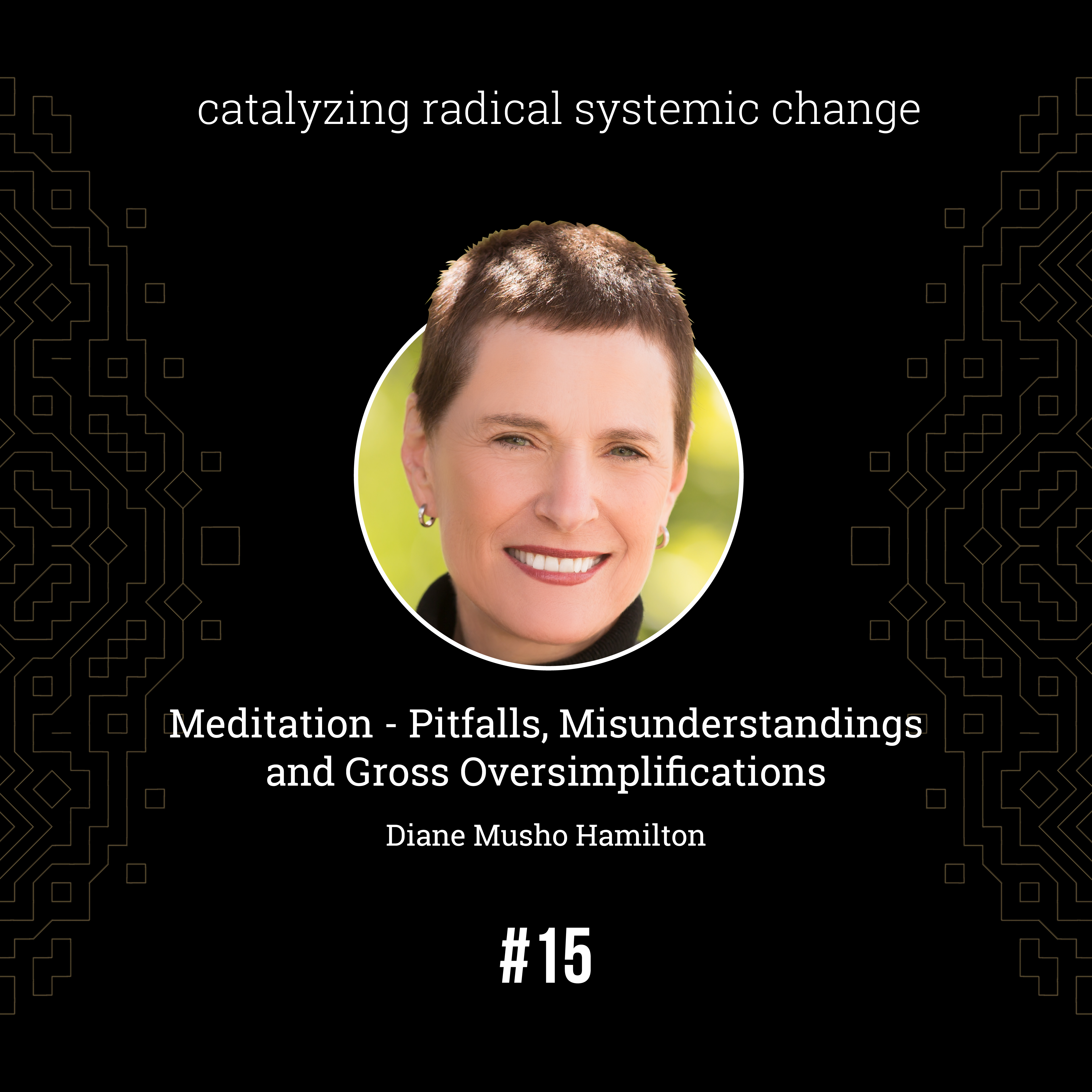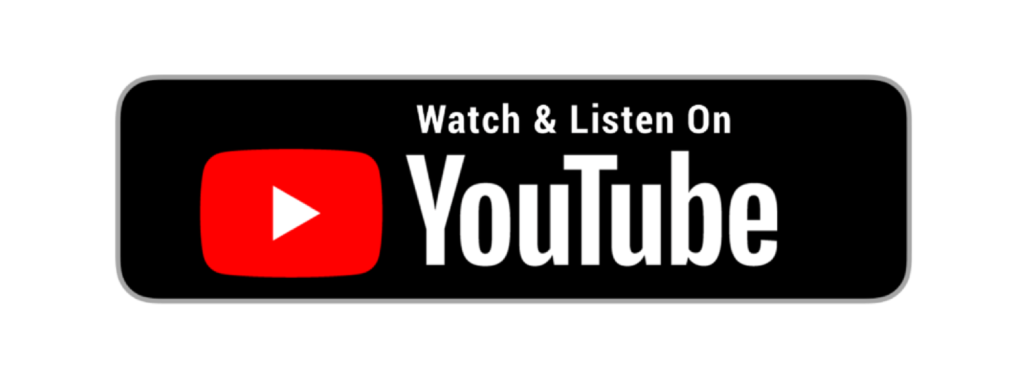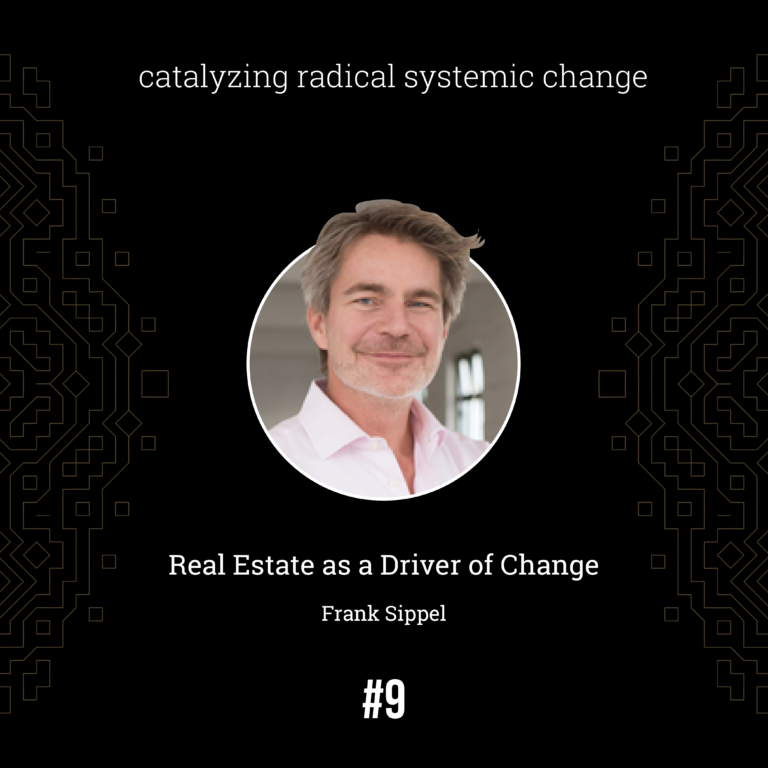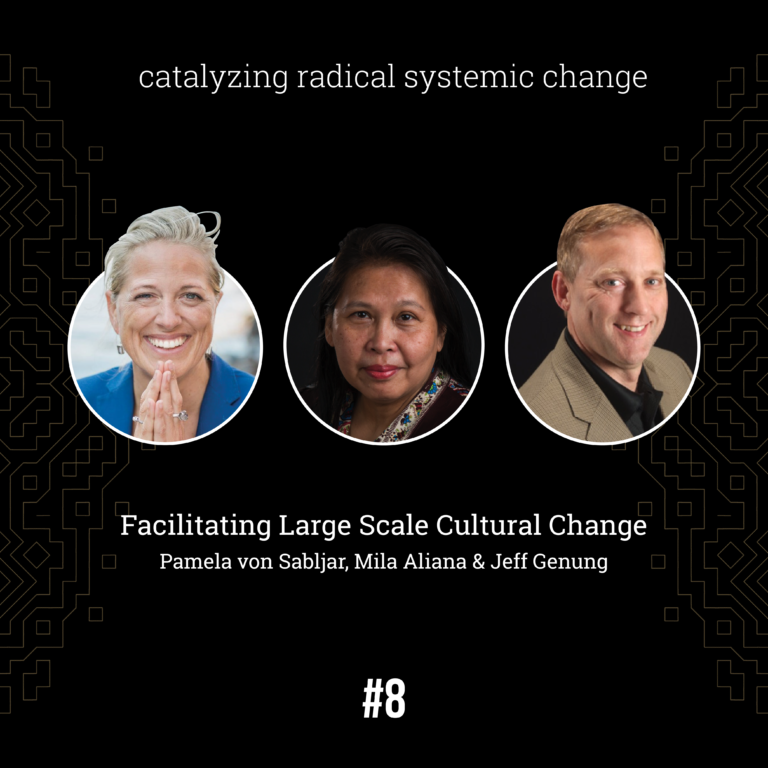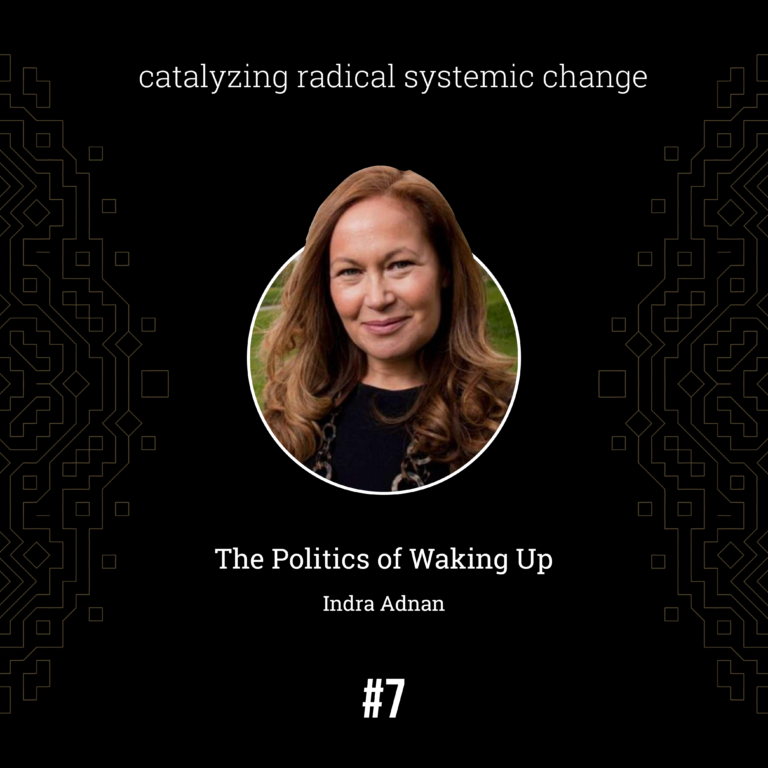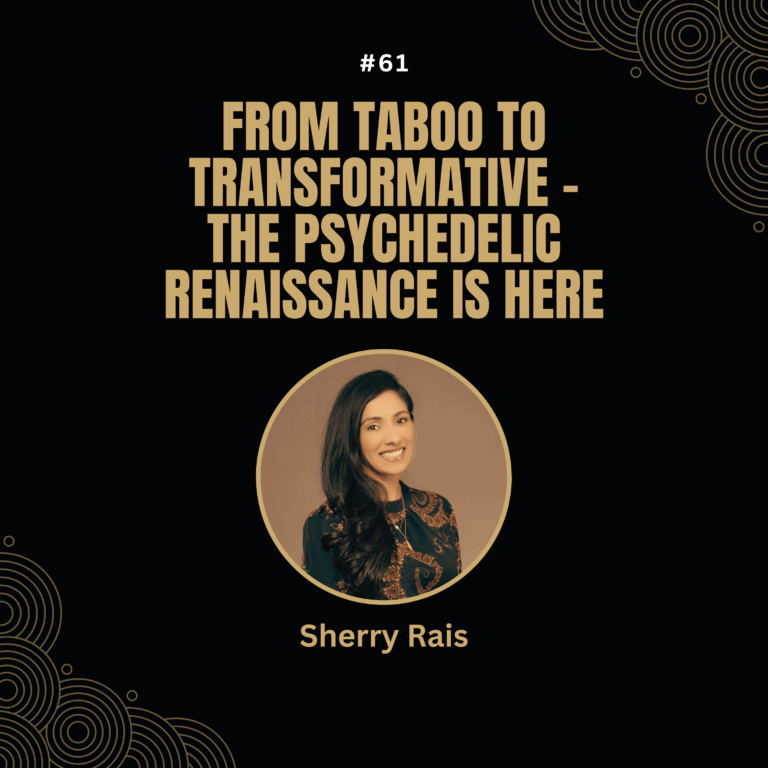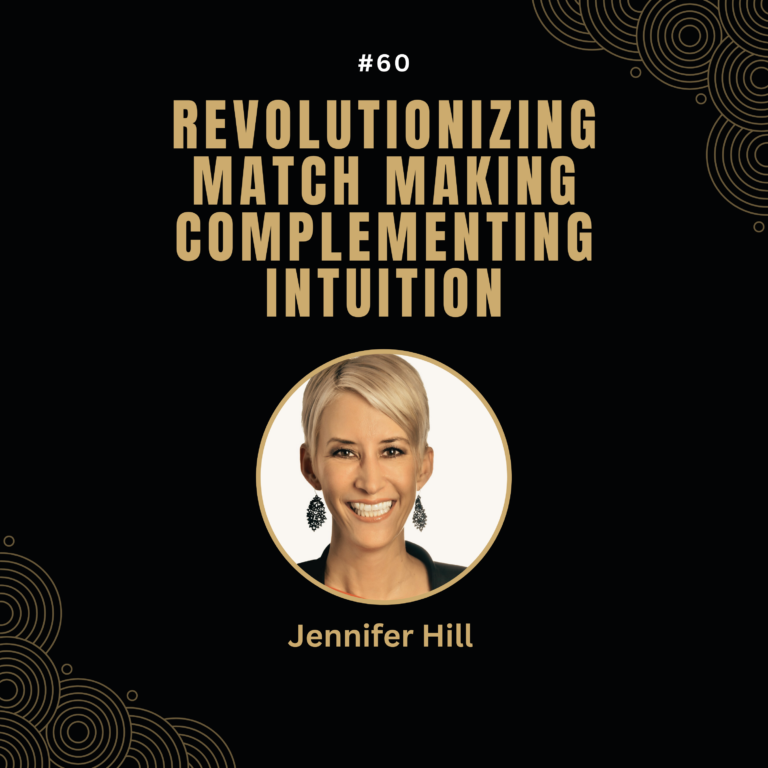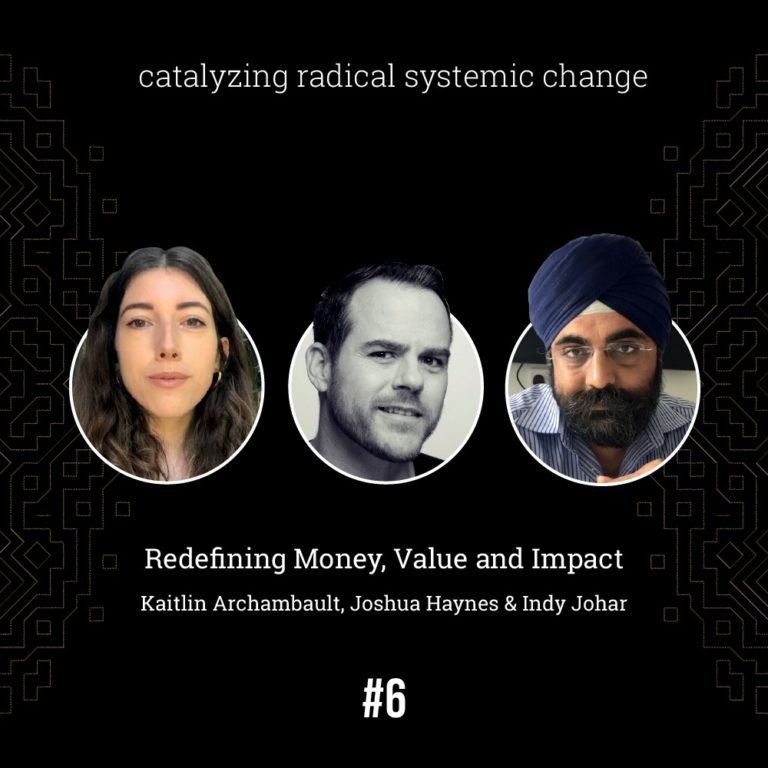The market for spirituality is exploding. With massive second order effects kicking in like poor transparency, phony gurus, idolizing and sugarcoating spiritual bypassing. How can we ensure that we don’t use these ancient old techniques to build narcissistic super egos? What role does complementary shadow work play?
In today’s dialogue we dive into:
Four Definitions of “Spiritual” or “Spirituality”
- our first definition of spirituality is that it is the highest level of any of the developmental lines (cognitive, kinesthetic, moral, emotional)
- second definition of “spirituality,” this specific developmental line, called “spiritual,” would be what we were talking about
- A third way of defining “spiritual” or “spirituality,” according to Wilber, is as a religious or spiritual experience. Therefore, in this third definition, spirituality would be understood as a state of consciousness
- For our fourth definition, “spiritual” or “spirituality” could refer to a a special kind of attitude. Not a developmental line, not the highest level of a developmental line, and not a state of consciousness, but rather a kind of attitude at any of the structures of consciousness. This attitude could be involved with love, or compassion, or wisdom, as Wilber points out in his definition — but it can be found at any of the structures of consciousness. That’s our fourth definition of “spiritual” or “spirituality” — a special attitude.
States & Stages of Consciousness
- Stages: Spiral Dynamics – Lines of Development – Multiple Intelligences – relatively stable center of gravity of consciousness – values – morals
- States: Waking, Dreaming, Formless Sleep, Altered States of Consciousness
Why is Shadow work so important?
- Or: Do we really see just another guru blowing up?
- Stripping the Gurus: Many gurus that were famous in the 1970 most likely wouldn’t be so famous today. We need to be aware of the the context in which the transmission happened.
Pre-Trans-Fallacy
- “Pre/Trans Fallacy” which states that people often mistake what’s pre-conventional (earlier phase of development) for being post-conventional (later stage of development) because neither is conventional. One example he uses is the New Age spiritual movements which glorify a return to an infantile state of acting purely on emotion and desire. They mistake these earlier, narcissistic emotional whims for spiritual experiences since both emotional revelry and spiritual experiences are non-rational experiences. Since their emotional revelry is non-rational, and spiritual experiences are non-rational, they confuse the two.
Spiritual Materialism
- Spiritual materialism is the belief that a certain temporary state of mind is a refuge from suffering. An example would be using meditation practices to create a peaceful state of mind, or using drugs or alcohol to remain in a numbed out or a euphoric state.
- Spiritual materialism is a term coined by Chögyam Trungpa in his book Cutting Through Spiritual Materialism.
Spiritual Bypassing
- Spiritual bypassing is a “tendency to use spiritual ideas and practices to sidestep or avoid facing unresolved emotional issues, psychological wounds, and unfinished developmental tasks”. The term was introduced in the mid 1980s by John Welwood, a Buddhist teacher and psychotherapist.
Diane Musho Hamilton
is an author, award-winning mediator, and teacher of Zen. She has practiced meditation for more than 35 years.
Diane was the first Director of the Office of Alternative Dispute Resolution for the Utah Judiciary, where she established mediation programs throughout the court system.
She has mediated a broad range of disputes and transactions including divorces, probate, employment, contracts, and multi-party negotiations. She works with consummate ease in a variety of settings including private industry, governmental agencies and non-profit and of course individuals. She is well known as an innovator in dialogues, especially conversations about culture, religion, race and gender relations.
She is the recipient of several prestigious awards for her work in this area, including the Peter W. Billings Award from the Utah State Bar, the Utah Council on Conflict Resolution Peacekeeper Award, the Judicial Administration Award and Friend of the Court, and most recently, the 2016 Peacemaker Award from the BYU Center for Conflict Resolution.
Diane has been a practitioner of meditation for over 35 years. Diane began her studies at Naropa University in 1983 with Choygam Trungpa Rinpoche, and became a Zen student in 1997. In 2003, she received ordination as a Zen monk with her husband Michael Zimmerman, and received dharma transmission from Genpo Roshi in 2006. For her, Zen practice is a fundamental commitment to experiencing reality as it is — beautiful, ungraspable and seamless.
Diane facilitates Big Mind Big Heart, a process developed to help elicit the insights of Zen in Western audiences. Diane is considered a pioneer in articulating and applying the insights of an Integral Life Practice based on the work of Ken Wilber. Since 2004, she has worked with Ken Wilber and the Integral Institute in Denver, Colorado.
In 2008, Diane co-founded Two Arrows Zen, a center for Zen study and practice in Salt Lake City and Torrey, Utah with her husband Michael Mugaku Zimmerman. She is the Executive Director of Two Arrows Zen and co-founder of the Integral Facilitator, a training program oriented to personal development and advanced facilitator skills.
Diane is the author of Everything is Workable: A Zen Approach to Conflict Resolution, (2013, Shambhala Publications) and The Zen of You and Me: A Guide to Getting Along with Just About Anyone (March 2017, Shambhala Publications). Her next book, co-authored with Gabriel Wilson and Kimberly Loh is Compassionate Conversations: How to Speak and Listen from the Heart, in-press with Shambhala Publications and scheduled for release in May, 2020.
